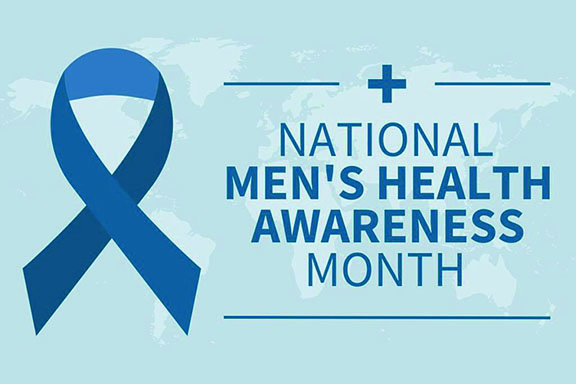By V.S. Santoni
June marks Men’s Health Month, a crucial time to spotlight the health disparities faced by Black men in the United States. Black men suffer worse health outcomes than any other racial group in America, with the lowest life expectancy and the highest death rates from specific causes compared to other racial and ethnic groups.
More than 17 million Black men in the U.S. face significant health challenges. Statistically, Black men live seven years less than men of other racial groups and have higher death rates for all leading causes of death compared to Black women. They experience higher incidences and death rates from oral cancer and a much higher risk of developing HIV/AIDS. The Centers for Disease Control and Prevention (CDC) report that Black men are disproportionately affected by diabetes, prostate cancer, and preventable oral diseases.
Factors contributing to these disparities include racial discrimination, high incarceration rates, unemployment, lack of affordable health services, poor health education, cultural barriers, poverty, limited access to health insurance, and insufficient medical and social services tailored to Black men.
The leading causes of death for Black men highlight these health disparities starkly. In 2019, the CDC reported that heart disease accounted for 23.7 percent of total deaths among Black men, followed by cancer at 20.2 percent, unintentional injuries at 7.9 percent, homicide at 5.0 percent, and stroke at 4.9 percent. Diabetes, chronic lower respiratory diseases, kidney disease, septicemia, and hypertension also ranked among the top ten causes of death.
Homicide is a particularly pressing issue, being the leading cause of death for Black males aged 15 to 44. For those aged 1-19, homicide accounted for 35.3 percent of total deaths, and for ages 20-44, it accounted for 27.6 percent.
The HIV/AIDS epidemic also disproportionately affects Black men. According to a 2016 CDC report, Black men face a 1 in 20 lifetime risk of contracting HIV, compared to a 1 in 132 risk for white men. The situation is even more dire for Black men who have sex with men, with a 50 percent lifetime risk of HIV diagnosis.
Addressing these health disparities requires a multifaceted approach, including improving access to healthcare to healthcare, increasing health education, and addressing social determinants of health such as poverty and discrimination. As we observe Men’s Health Month, it’s imperative to advocate for policies and initiatives that can help close these gaps and improve the health and well-being of Black men across the nation.
Copyright 2024 TNTRIBUNE, All rights reserved.



